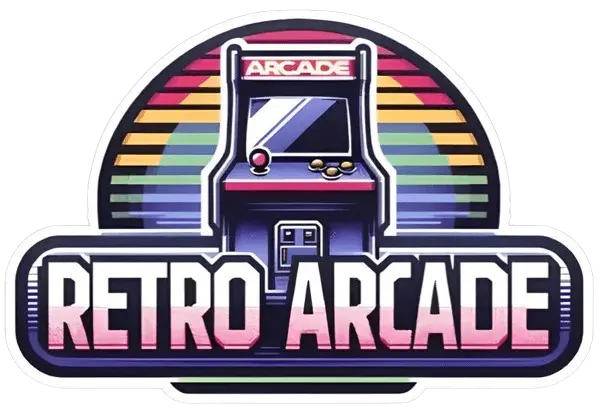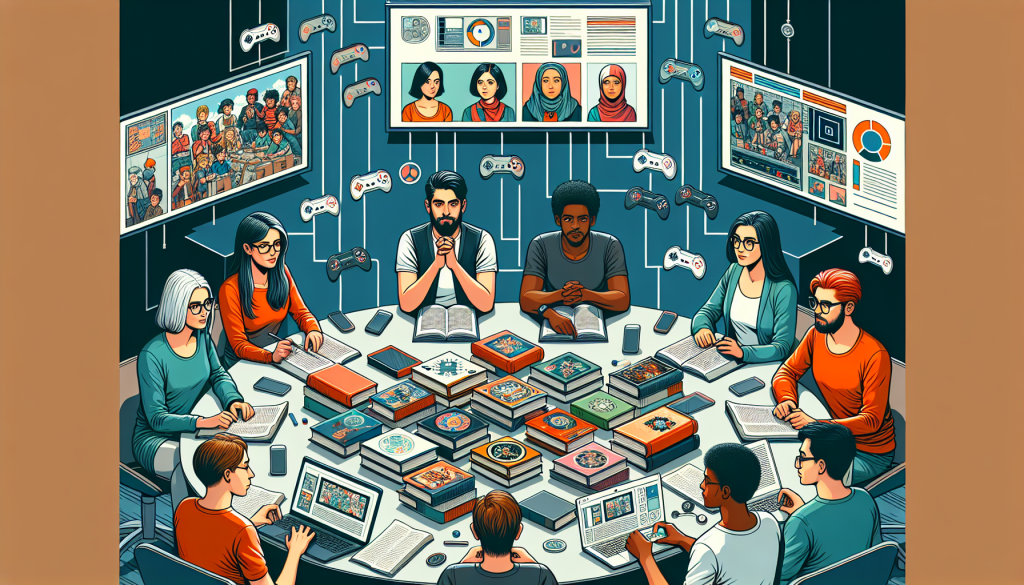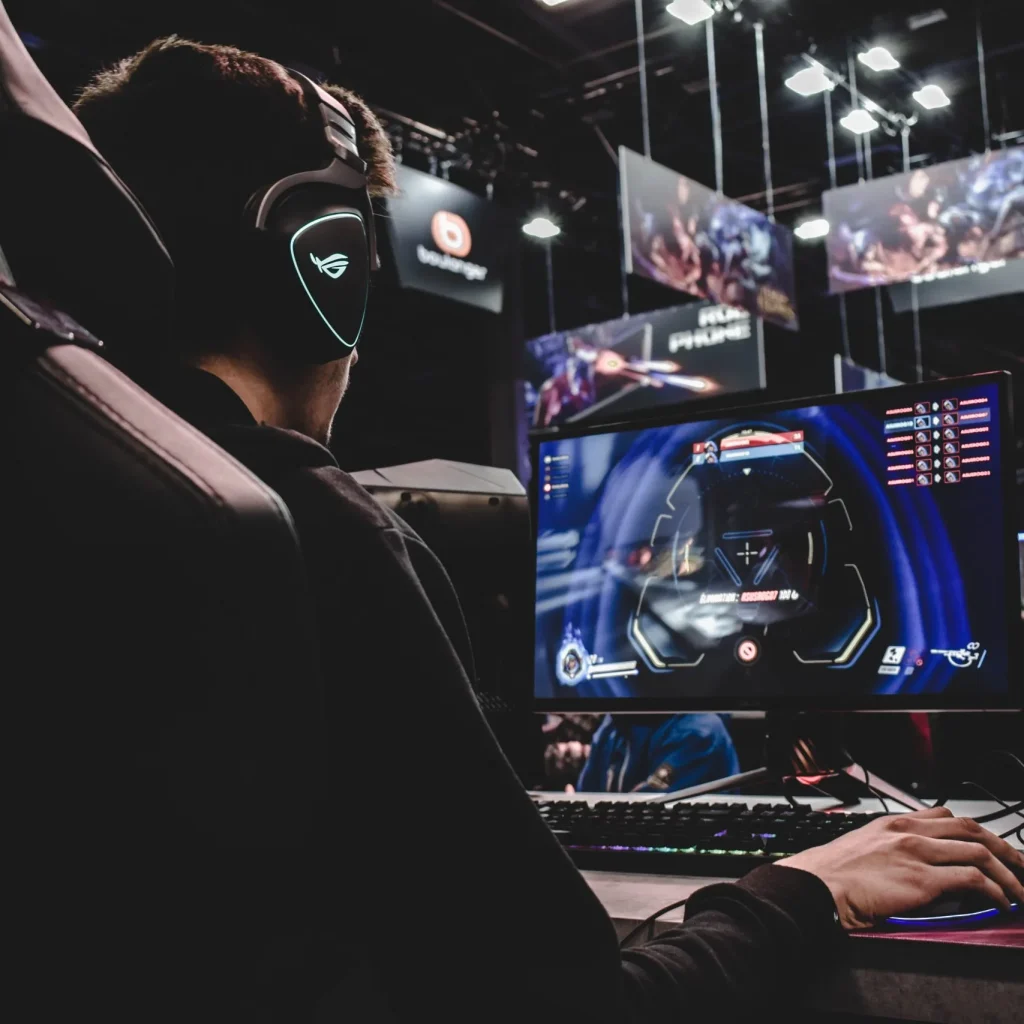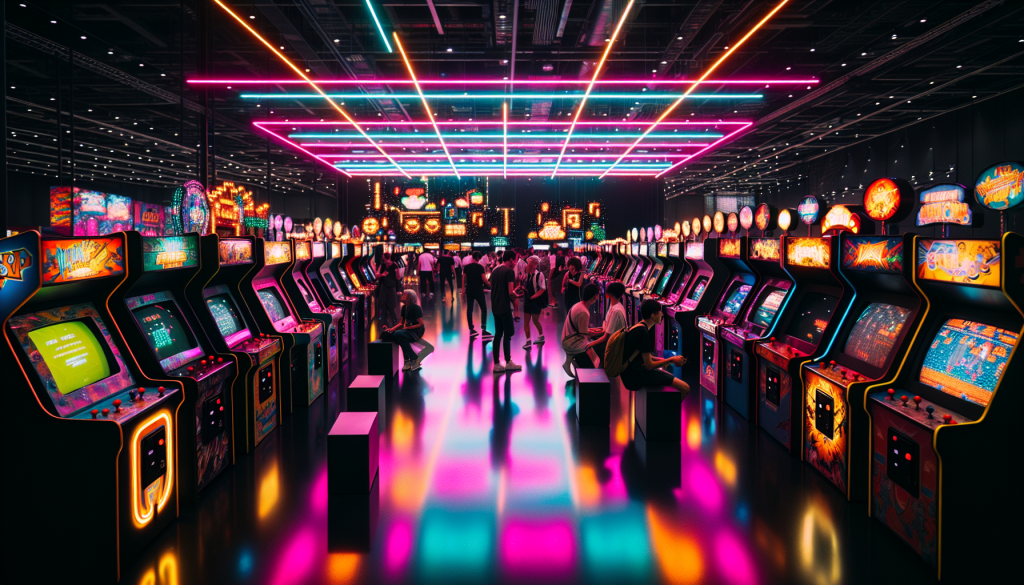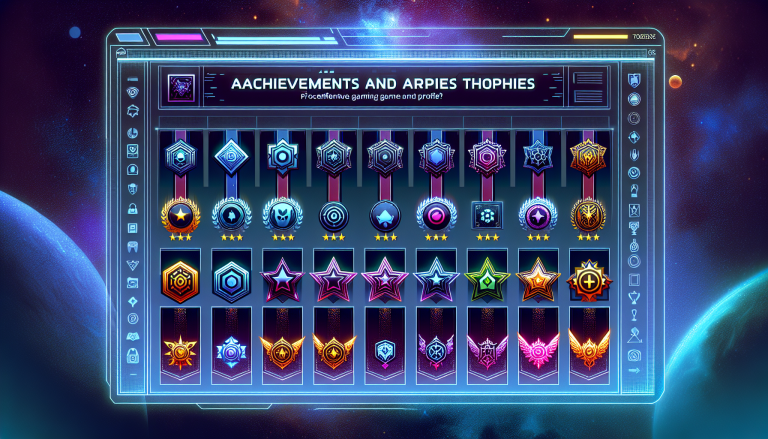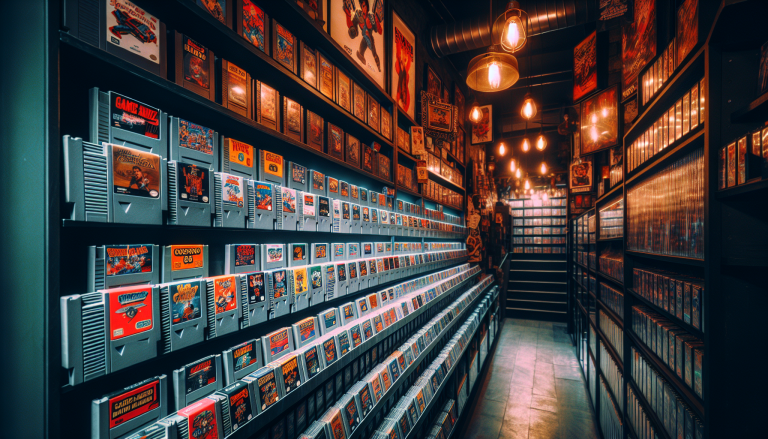Hey there, gaming enthusiasts! If you, like me, have a soft spot for the classics, you’ve probably been alarmed by recent reports suggesting that a staggering 87% of all retro video games could be lost forever. Let’s dive a little deeper into this crisis and see why it’s such a big deal.
The Crisis: 87% of Retro Games Could Be Lost
It’s a shocking number, isn’t it? 87% of all retro games are in danger of becoming extinct. But what does this really mean? Well, due to a variety of factors such as wear-and-tear, obsolescence, and in some cases, poor preservation practices, these gems from our past are vanishing at an alarming rate.
Imagine a world where the original Super Mario Bros, Tetris, or Pac-Man are nothing more than a memory, lost to the sands of time. Games that once defined generations of gamers, shaping tastes and inspiring millions, reduced to mere legend. It’s a sobering thought, isn’t it?
So, What’s Causing the Loss?
There are a few key reasons for this devastating loss of retro games. Let’s break them down:
- Physical degradation: Many retro games were stored on cartridges or floppy disks, which were not designed to last forever. Over time, these can degrade, leading to loss of the game data.
- Technological obsolescence: As technology advances, old systems become outdated. This means that even if the physical game is intact, it may not be playable on modern devices.
- Poor preservation practices: Back in the day, game preservation wasn’t always top of mind for developers or gamers. As a result, many games were lost due to poor storage conditions or simply thrown away.
Why Does This Matter?
If you’re wondering why we should care about the loss of these old games, consider this: retro games are a part of our cultural history. They have shaped the gaming industry and influenced countless modern games. They also hold a lot of nostalgia for many of us, reminding us of simpler times when we were kids, totally engrossed in our pixelated adventures.
Moreover, retro games are important for educational purposes. They offer a window into the evolution of the gaming industry, showcasing the creativity and innovation of developers from years past. By preserving these games, future generations can learn about the history of gaming and appreciate how far we’ve come.
The Threat is Real, but All is Not Lost
Though the threat to our retro gaming heritage is real, all hope is not lost. There are several organizations and communities dedicating their efforts to preserving and archiving retro games. By raising awareness about this issue, we can hopefully slow down the rate of loss and keep these beloved games alive for future generations to enjoy.
So, let’s all do our part in preserving these classic games. Whether that’s properly storing our old cartridges or sharing our passion for retro gaming with the younger generation, every little bit helps.
Remember, together we can help save our gaming history before it’s game over.
Xbox’s Efforts in Preserving Retro Gaming: An Addition of 1,400 Titles
No one can deny that the retro gaming industry is facing a significant challenge. With an estimated 87% of all video games potentially being lost to time, the need for preservation is stronger than ever. The good news is that certain icons in the gaming industry have taken note and are stepping up to the challenge. One such icon is none other than Xbox.
Xbox, a household name in the world of video gaming, has been making serious strides in the preservation of retro gaming. They’ve added an astounding 1,400 titles from past generations to their catalog in attempt to curb this crisis. This has given many classic games a new lease on life and kept them from becoming a mere footnote in the annals of gaming history.
So, How is Xbox Achieving This Feat?
Xbox is utilizing what they call “backward compatibility.” This is a feature that allows the latest Xbox consoles to play games from previous generations. The idea is to ensure that even as technology advances and newer consoles are introduced, these games can still be enjoyed by players. What a brilliant move!
Here’s a little taste of what they’ve been up to:
- They’ve gone the extra mile to ensure compatibility is not just limited to software. Xbox has ensured that even gaming accessories from previous generations, such as controllers and other peripherals, can be used on their latest consoles.
- Detailed testing is carried out for each game before it’s added to the catalog. This ensures that the games run smoothly and offer the same, if not better, experience than they originally did.
- Xbox has been working closely with game publishers to ensure that licenses for these games are renewed, allowing them to be enjoyed by future generations.
Why is This Effort Significant?
By preserving these titles, Xbox is not just saving games; they’re saving memories, heritage, and a significant piece of our cultural history. It’s an invaluable effort towards keeping the magic of retro gaming alive for future generations to enjoy.
So, whether you’re a long-time fan of retro games or a newbie looking to explore the classics, Xbox has got you covered. Their library is continuously growing, making it a treasure trove of retro gaming goodness.
So, hats off to Xbox for their incredible work in preserving our gaming past! Their efforts underline the importance of taking active steps to preserve these interactive pieces of art.
What’s Next?
Let’s keep our fingers crossed that other gaming giants will follow suit and make similar efforts. With each title saved, we’re one step closer to preventing the extinction of retro games. After all, every effort counts when it comes to preservation, doesn’t it?
The Importance of Protecting and Preserving Retro Games for Future Generations
Few things in life transport us back to our childhood like the sight and sound of our favorite retro games. These games are not just pixels and sounds; they’re time machines that hold a significant cultural and historical value. That’s why it’s crucial we protect and preserve them for future generations.
The Cultural Legacy of Retro Games
Think about this for a second: What made ‘Space Invaders’ or ‘Super Mario Bros.’ so special? Was it just the gameplay? The answer, of course, is a resounding ‘no’. These games were groundbreaking. They shaped the industry and influenced countless titles that followed. They are, in essence, cultural artifacts that deserve to be preserved.
The Educational Value of Vintage Games
There’s also an undeniable educational value to these vintage games. They provide a unique window into the technology of the time, showcasing how designers and programmers overcame the constraints of limited memory and processing power. They can teach our future generations about the humble beginnings of the gaming industry and inspire them to push the boundaries of what’s possible.
Preserving Our Childhood Memories
And let’s not forget the most important aspect: nostalgia. Retro games have a special place in our hearts. They remind us of the joy of discovering new worlds, conquering bosses, and finally saving the princess. Preserving these games means preserving a part of our childhood, of our history. It’s our responsibility to ensure that future generations can experience that same sense of wonder and excitement.
Community Efforts in Preserving Retro Games
Thankfully, there are passionate communities and organizations dedicated to preserving these gaming gems. They work tirelessly, often on a volunteer basis, to keep the spirit of retro gaming alive. Some initiatives include:
- Game emulation: Although it’s a grey area legally, emulators play an essential role in preserving retro games, making them accessible on modern devices.
- Physical preservation: Some collectors focus on obtaining and maintaining the original game cartridges and consoles in working order.
- Remakes and remasters: Game developers sometimes breathe new life into old classics by updating the graphics, sound, and even gameplay for modern audiences.
Despite these efforts, the task is immense. Many games are at risk of being lost forever due to the fragility of old storage mediums. This makes the mission of preserving retro games even more urgent.
How Can You Help?
If you’re passionate about retro games and want to contribute to their preservation, there are several ways you can help:
- Support emulation projects with your time, skills, or donations.
- Buy and take care of original game copies and hardware. Every game saved from a landfill is a win!
- Spread the love! Share your passion for retro games with others, especially younger generations. You never know – you might inspire the next Shigeru Miyamoto!
In conclusion, the preservation of retro games is a crucial task. By safeguarding these treasures, we can ensure that future generations can enjoy the same thrilling experiences we did. We owe it to them, and to ourselves, to keep the spirit of retro gaming alive.
Strategies and Solutions: How Can We Further Save Retro Games from Extinction?
As gaming enthusiasts, the thought of losing vintage classics to the unforgiving hands of time is nothing short of a nightmare. So, what can we do to prevent this video game apocalypse? Let’s explore some actionable solutions together.
1. Digital Archiving
Digital archiving is a key method to preserve retro games. This involves converting physical copies of games into a digital format, which makes them immune to physical wear and tear, and accessible to future generations. However, issues arise with games that require specific hardware to play or those with online components.
2. Community Efforts
Let’s give a big shout-out to the gaming community, who have been doing an amazing job preserving these relics of our past. Community-driven initiatives such as ScummVM and The Internet Arcade have successfully preserved and made accessible a vast number of old-school games. It’s about time the official bodies recognize and support these grass-root efforts.
3. Legalizing Game Emulation
Often the only solution for playing a retro game is through an emulator. However, legal issues surrounding copyright and distribution rights hinder this process. Legalizing game emulation, especially for games that are no longer available commercially, could be a solution worth considering.
4. Corporates Stepping Up
It’s heartening to see corporations like Xbox taking the initiative in game preservation. The more gaming companies join this cause, the brighter the future of retro games becomes.
5. Government Intervention
Lastly, there is a need for government intervention.
- The preservation of digital art should be considered as important as any other form of cultural heritage.
- Legislation needs to be updated to enable libraries, museums, and other institutions to archive games without violating copyright laws.
- More grants and funds should be allocated for the digital archiving of games.
Of course, these are not the only solutions, and each comes with its own set of challenges. However, one thing is clear: action needs to be taken, and it needs to be taken now. The clock is ticking for these retro games, and once lost, they can never be recovered.
Remember, retro games are more than just childhood memories; they are a part of our history. By preserving them, we are not only saving a piece of our past but also ensuring that future generations have a chance to experience these gems in their original glory. Let’s pool our efforts together and save these treasures of gaming from fading into oblivion.
